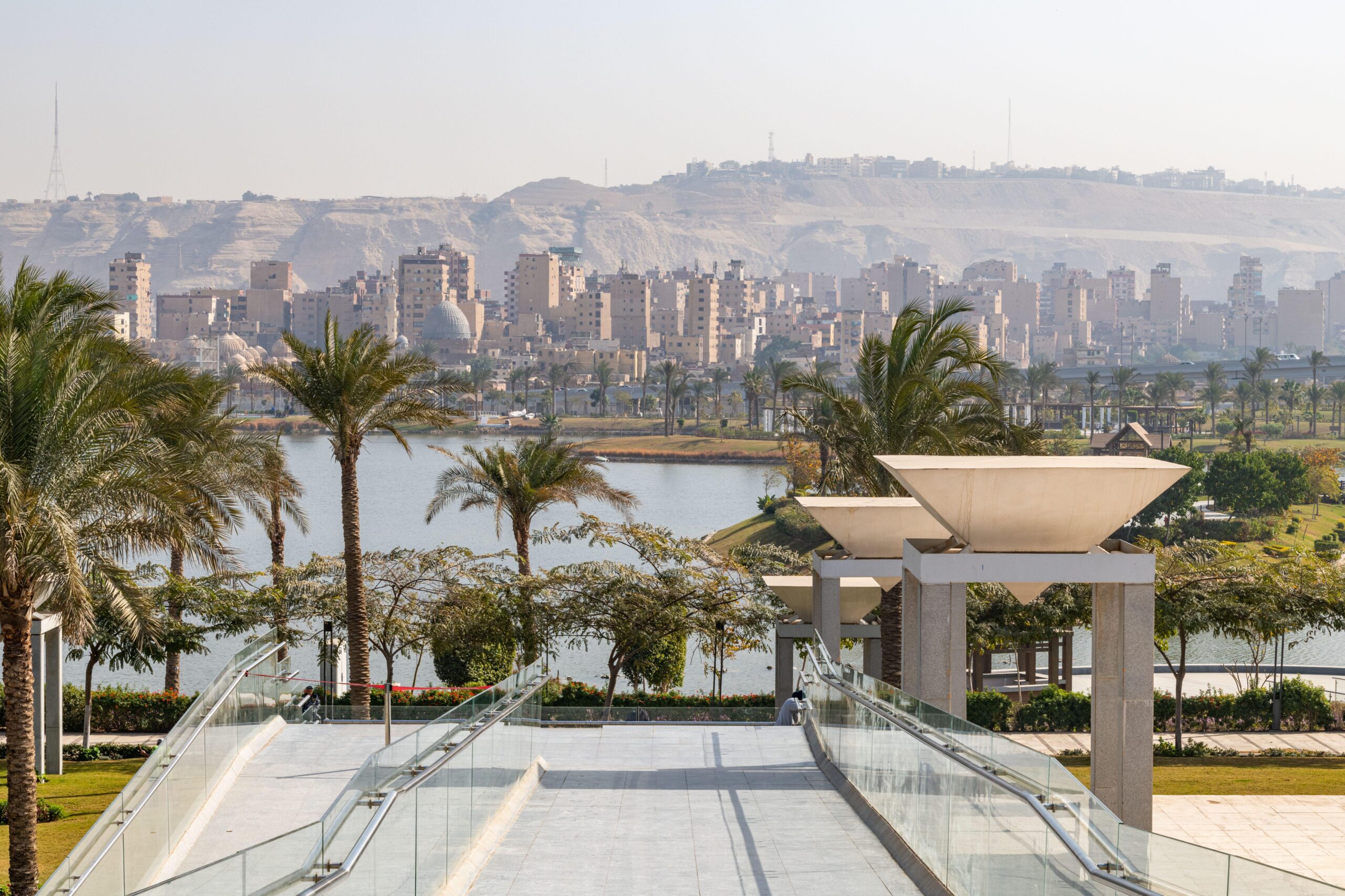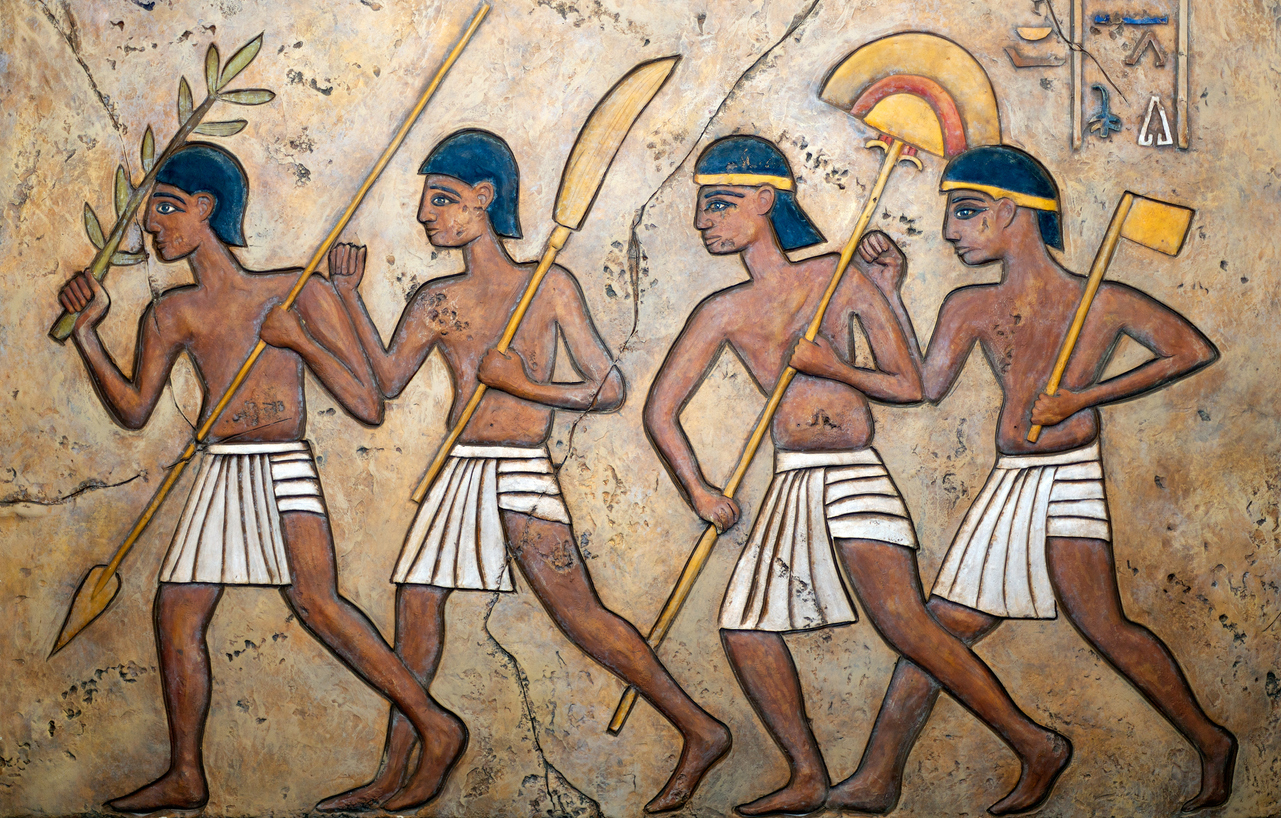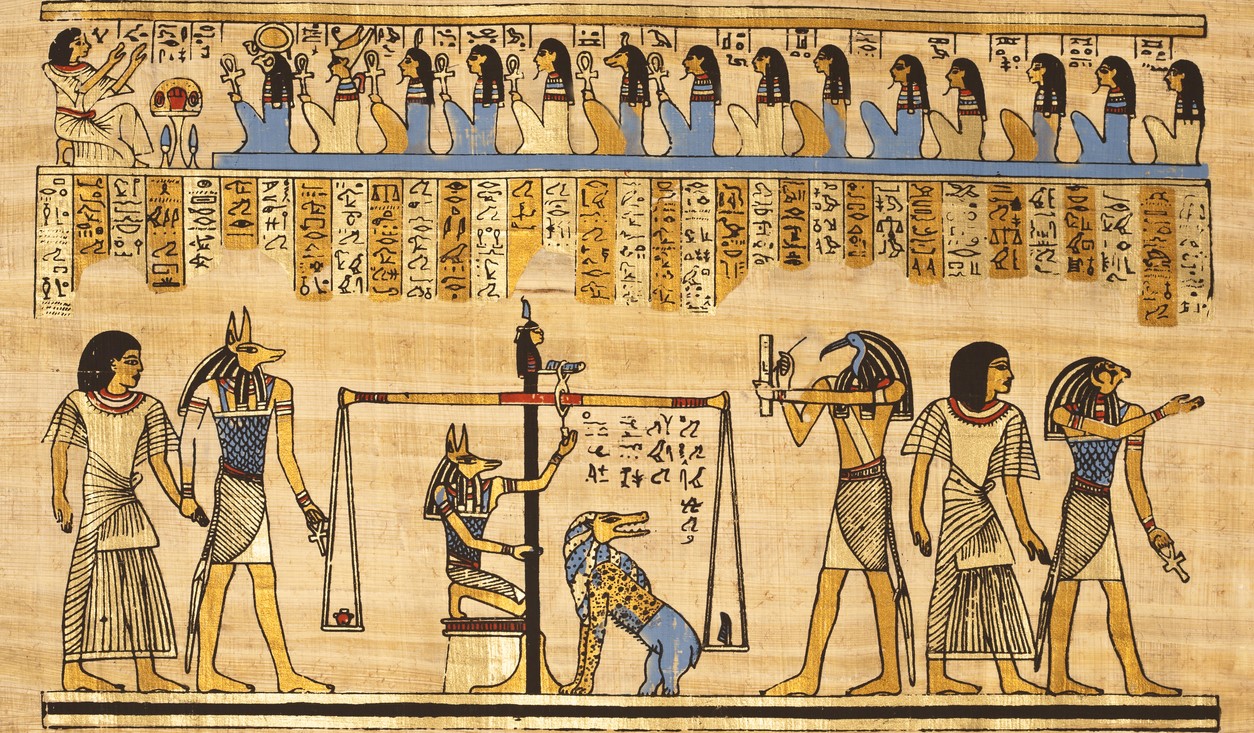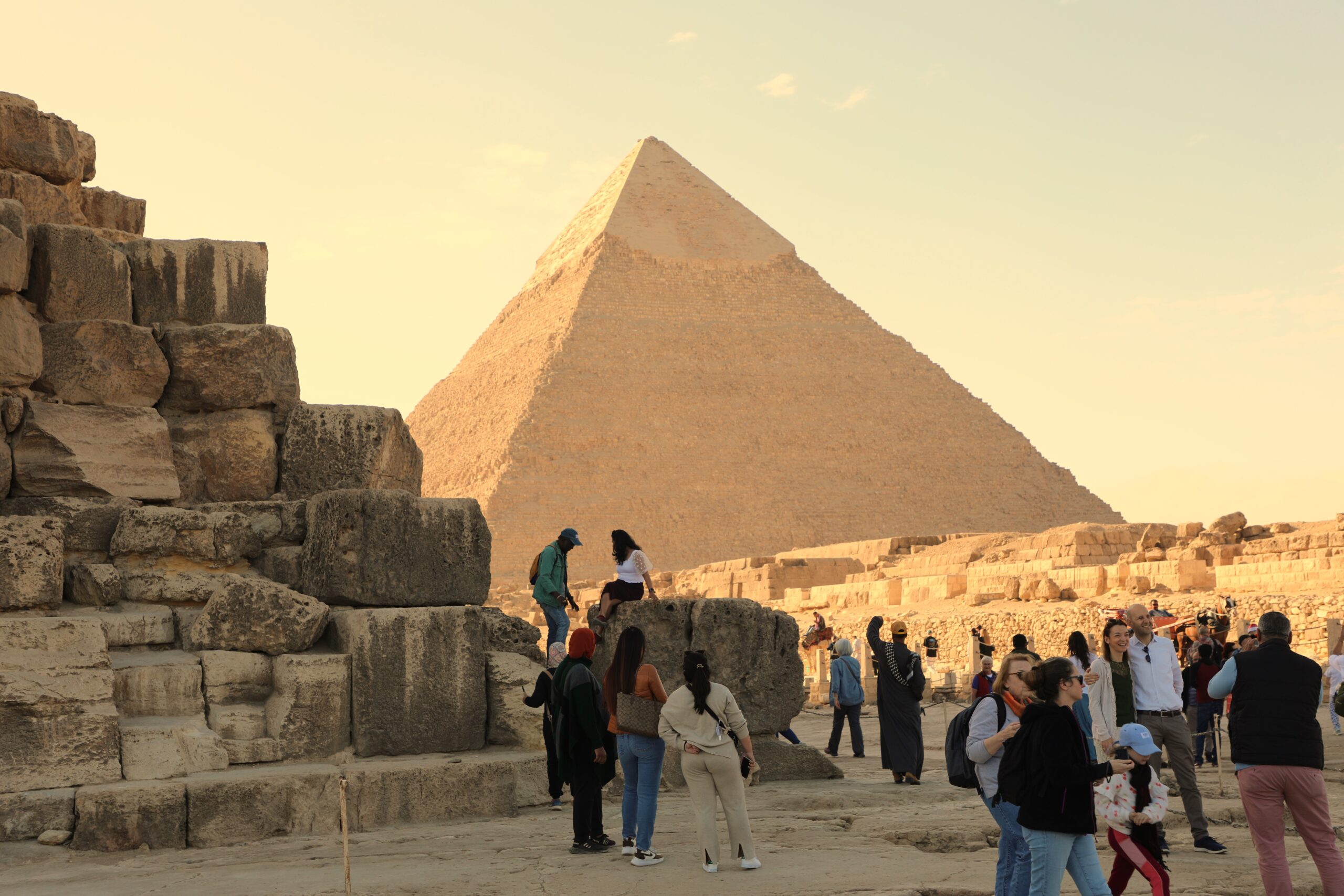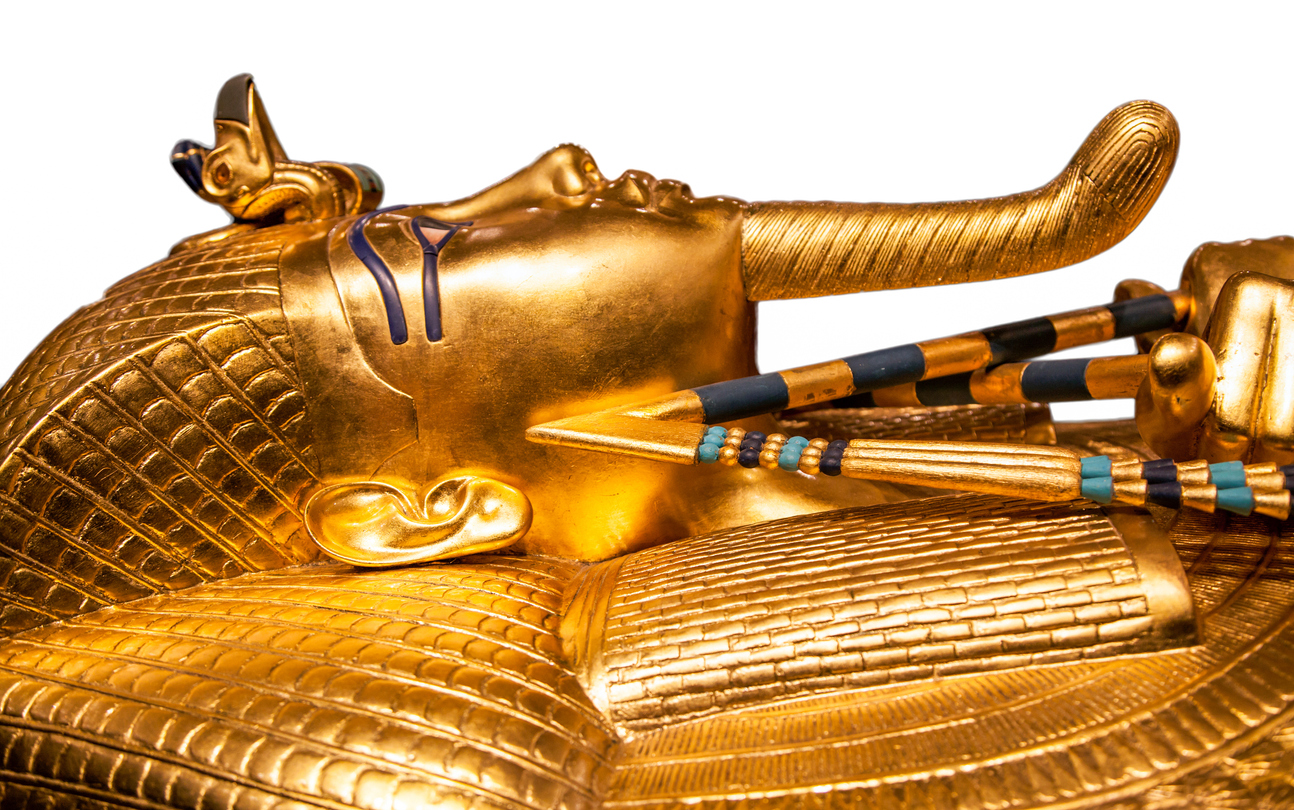National Museum of Egyptian Civilization
Where the Mummies Rest
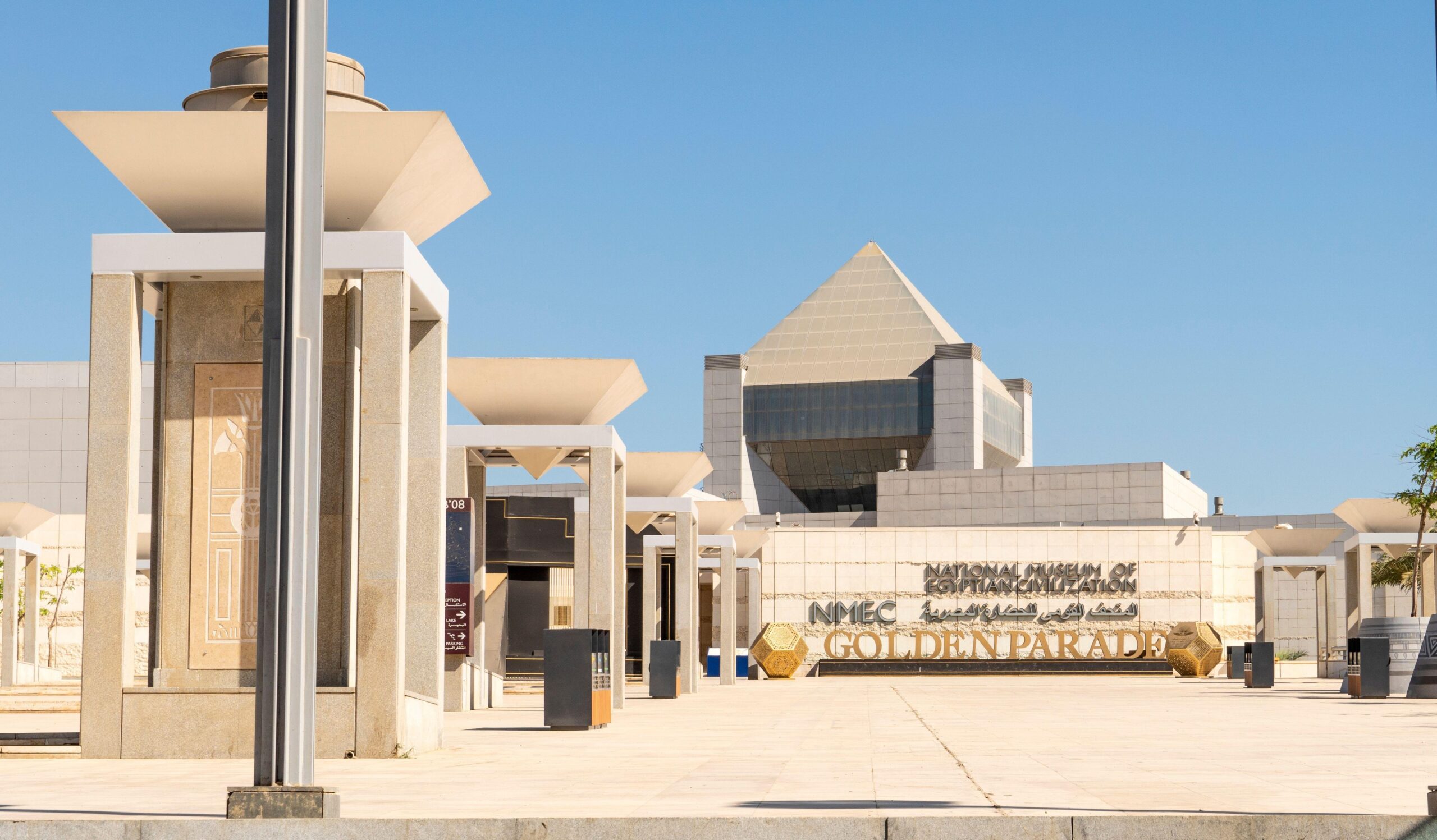
-
Lunch
-
Transfer
-
Staff Guide
-
$120 pp
Adults ≥ 17 Yrs Group of 2
-
$100 pp
Groups 3-5 adults
-
$95 pp
Groups ≥ 6 adults
-
$60 pp
Child 6 – 16.9 Yrs
Overview
The Innovations that Led The World
Since its opening in 2017, the Museum (NMEC) has gained an international reputation for excellence. It presents the richness, brilliance and innovation of Egyptian society through the ages. It’s themes include the Dawn of Civilization, The Nile, Writing, State and Society, Material Culture, Beliefs and Thinking and the Gallery of Royal Mummies. For travellers to Egypt, it provides deep insight to the amazing society that the Egyptians built from prehistoric days to the present. The Museum is in Al Fustat, an area at the heart of Egyptian history. The Museum houses 50,000 artefacts and also the ancient natural lake of Ain El-Sira.
Leading the Ancient World
Egypt is considered to have been one of the most, if not the most, advanced ancient civilization. It developed thousands of years before many other cultures. The scope of the Egyptians brilliance and innovation ranged from its well-known architectural accomplishments (the pyramids) which were based on the ground breaking achievements it made in mathematics and engineering, to its advancement in the sciences of astronomy, medicine, medical surgery and the law. And the Egyptians had some of the worlds earliest art and literature contributions which are showcased in thousands of galleries and museums around the world. At the same time, their sophistication in religious beliefs and rituals continues to draw the attention of both travellers and researchers. The legacies of these accomplishments in various disciplines continues to this day.
Some Notable Achievements Mathematics, Geometry and Engineering
The Egyptians made great contributions to modern mathematics, such as designing decimals, fractions, the number zero, negative numbers, and even the value of Pi
They developed the discipline of geometry which they combined with their algebra system to construct the pyramids.
The Invention of the Calendar and Clocks
Today’s calendar of timekeeping were Egyptian inventions based on the cycles of the sun and moon. The Egyptian calendar was divided into twelve months of 30 days each, along with five additional days at the end of the year to bring the total up to 365.
In order to tell the time, Egyptians invented two types of clock. Obelisks were used as sun clocks by noting how its shadow moved around its surface throughout the day as well. And they also invented water clocks. An inscription in the tomb of the court official Amenemhet dating to the16th century BC shows a water clock made from a stone vessel with a tiny hole at the bottom which allowed water to dripped at a constant rate.
The First Police Forces
With the pharaohs centralising power came the emergence of organized law enforcement around 2500BC, as the first-ever police force was founded in ancient Egypt. By 1500 BC specialised police forces also emerged
The Development of Medicines
The Egyptians had a far more scientific approach to curing sickness, creating medicines from natural resources, such as minerals, herbs, and animal products.
The Development of Medical Centres and Public Health Systems
As early as 2200 BC, there were institutions known as Houses of Life, dedicated to the improvement and protection of human life. These centers could even be considered a forerunner of the hospital.
Not only did the Egyptians introduce a huge number of new medical concepts, but they were also responsible for the world’s first public health system. Around 1500 BC, the village of Deir el-Medina was established for the craftsmen and labourers working on the royal tombs in the nearby Valley of the Kings.
NMEC has on its lower level, over 20 pharaonic mummies that tell the history of Egypt’s brilliance and innovation. And on the upper levels, there is the more recent history of the events and people who shaped EGYPT since the pharaohs. As a first step into the history of Egypt there is no better place to start.
The NMEC is considered the first of its kind in Egypt and the Arab world. Its focus is on highlighting the interaction between the Egyptians and the land on which they lived throughout history through cultural themes that give insight into the life of the Egyptian people.
Gallery
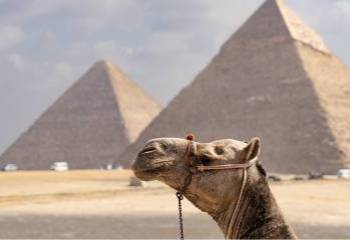
Ancient Egyptian Research Association
One Horizon Africa is a member of AERA. AERA brings together archaeologists and specialists from around the world to address questions regarding the origin, nature, and development of the Egyptian state. By becoming a member of AERA you support the training of young Egyptian archaeologists and the survey, mapping, excavation, and the analysis of archaeological sites. We encourage everyone to become a member and support the work of AERA.
Itinerary
What To Expect From This Experience
- The history of Egypt is presented in themes with the bottom floor built like a pharaohs tomb whilst the upper floors cover more recent periods. There over 20 mummies in the museum, each with a history of their times and achievements.
- NMEC presents the innovation of the ancient Egyptians and their contribution to mathematics, engineering, astronomy and many other disciplines.
A World Class Museum Dedicated to Egyptian History
Since its opening in 2017, NMEC has gained an international reputation for excellence. It presents the richness, brilliance and innovation of Egyptian society through the ages. Its themes include the Dawn of Civilization, The Nile, Writing, State and Society, Material Culture, Beliefs and Thinking and the Gallery of Royal Mummies. For travellers to Egypt, it provides deep insight to the amazing society that the Egyptians built from prehistoric days to the present. The Museum is in Al Fustat, an area at the heart of Egyptian history. The Museum houses 50,000 artefacts and the ancient natural lake of Ain El-Sira.
Ancient Egypt’s Incredible Achievements
Egypt is considered to have been one of the most, if not the most, advanced ancient civilizations. It developed thousands of years before many other cultures. The scope of the ancient Egyptians brilliance and innovation ranged from its well-known architectural accomplishments (the pyramids) which were based on the ground-breaking achievements it made in mathematics and engineering, to its advancement in the sciences of astronomy, medicine, medical surgery and the law. And NMEC presents Egyptian innovations in a way which leave you in awe!
Their Intellect Drove Innovation
The ancient Egyptians would come to invent mathematics, geometry, surveying, metallurgy, astronomy, accounting, writing, paper, medicine, the ramp, the lever, the plough, and mills for grinding grain. They also developed:
- The first police force,
- The first medical centres (Houses of Life) and;
- A public health system for pyramid workers.
Some Fun Facts About Egyptian Inventiveness
- Cosmetics for both men and women were Egyptian inventions from 4000 BC. They combined soot with a lead mineral to create a black ointment for the eyes.
- And removing unwanted hair with a wax-like substance made of sugar to augmenting the facial features with make-up made from natural pigments was popular.
- Wigs too were in vogue with Egyptian women. The cheapest wigs were made out of vegetable fibres, whilst the royal family had theirs made exclusively of human hair.
More Facts, More Fun!
- The first barbers were also found in ancient Egypt, with records from as far back as 5000 BC indicating that there were men employed to cut and groom hair and beards using sharpened flints and shells.
- Abscesses plagued the ancient Egyptians, and toothpaste became one of the most prominent Egyptian inventions to prevent it! And breath mints made of natural ingredients were invented to overcome bad breath!
More Facts More Fun!
- If you unwrapped the bandages from a mummy, the bandages could be as long as 1.6 km.
- Egyptian women had equal rights.
- One female Pharaoh, Hatshepsut, portrayed herself in statues with a male body. She also wore a fake beard!
- Bread and beer were used as currency.
About Lunch
We enjoy taking our guess out for lunch because it’s another way to experience Egyptian culture. We just want to make the following points. We only take our guests to the best restaurants. We place good hygiene and cleanliness within those establishments as the number 1 priority. The restaurants offer both vegetarian and non-vegetarian options. If you choose to pass on lunch, we won’t take it personally. But please be assured, your health and safety are our overriding priority.
Inclusions
This half day tour can be combined with other tours for a full day’s activities. The other tours include Khan El Khalili Bazaar, Old Cairo (Coptic and Islamic History), the National Museum of Egyptian Civilisation, Stairways to Eternity (The Pyramids of Giza) and many others. Please enquire at One Horizon for your options.
- Pick up and return to your hotel
- Water
- Lunch
- All entrance fees, service charge, current taxes, and vat.
- Services of an English-speaking guide
Exclusions
- Personal expenditure of any kind
- Tips
- Alcoholic drinks and extra meals (other than those stated in the itinerary)
videos
Acknowledgements
We would like to acknowledge Joshua Hanlon for this video which is publicly available on You Tube.
ARCHAEOLOGY 2.0
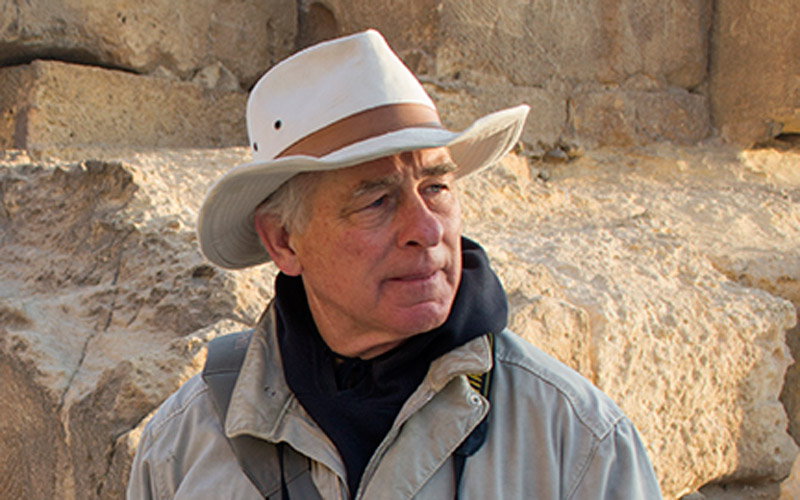
Dr Mark Lehner ranks amongst the most outstanding Egyptologists of the modern era. Within a select group of Egyptologists such as Petrie, Carter, Hawass and others, Mark has earned his international reputation based on over 40 years of conducting research and excavations in Egypt. His discoveries, such as the workers village close to the Giza Pyramids, and his academic treatise and publications have contributed greatly to the world’s understanding of ancient Egypt. Mark is also the founder of the Ancient Egyptians Research Associates (AERA) whose work includes training the next generation of Egyptian Egyptologists.
Within One Horizon, training our tour guides so that they provide our clients with the most factual, up to date and insightful information draws heavily from Mark’s 40 years of research, analysis and dedication. And so, our guides remain at the forefront of current learnings and knowledge that enhances our guests Egyptian experience with us.

Unique Cultural
Holiday Experiences
Subscribe To
Our Newsletter
To receive latest news & offers
Share your email ID below
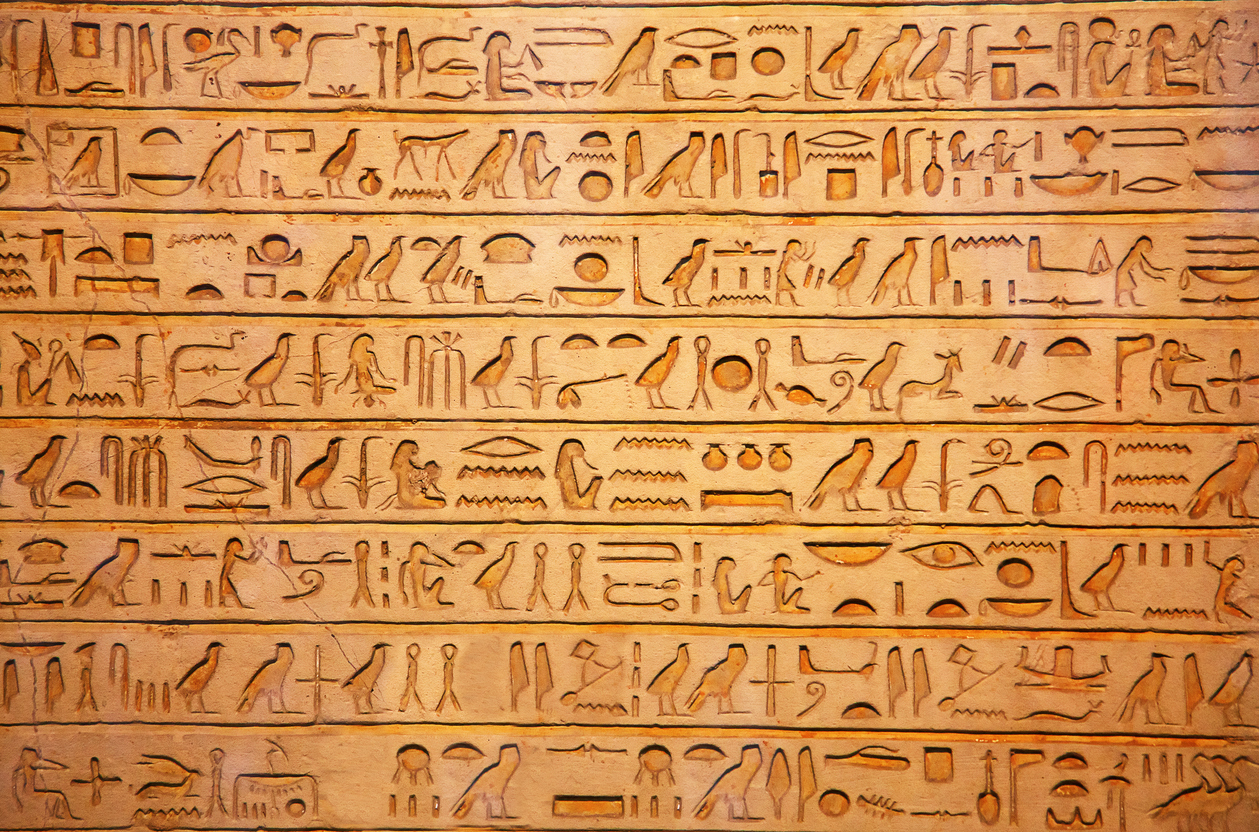
- Facebook
One Horizon Africa
- Twitter
@onehorizonkenya
- Instagram
onehorizonkenya
© One Horizon . All right reserved 2025

Cultural Itinerarie

Private & Unique


